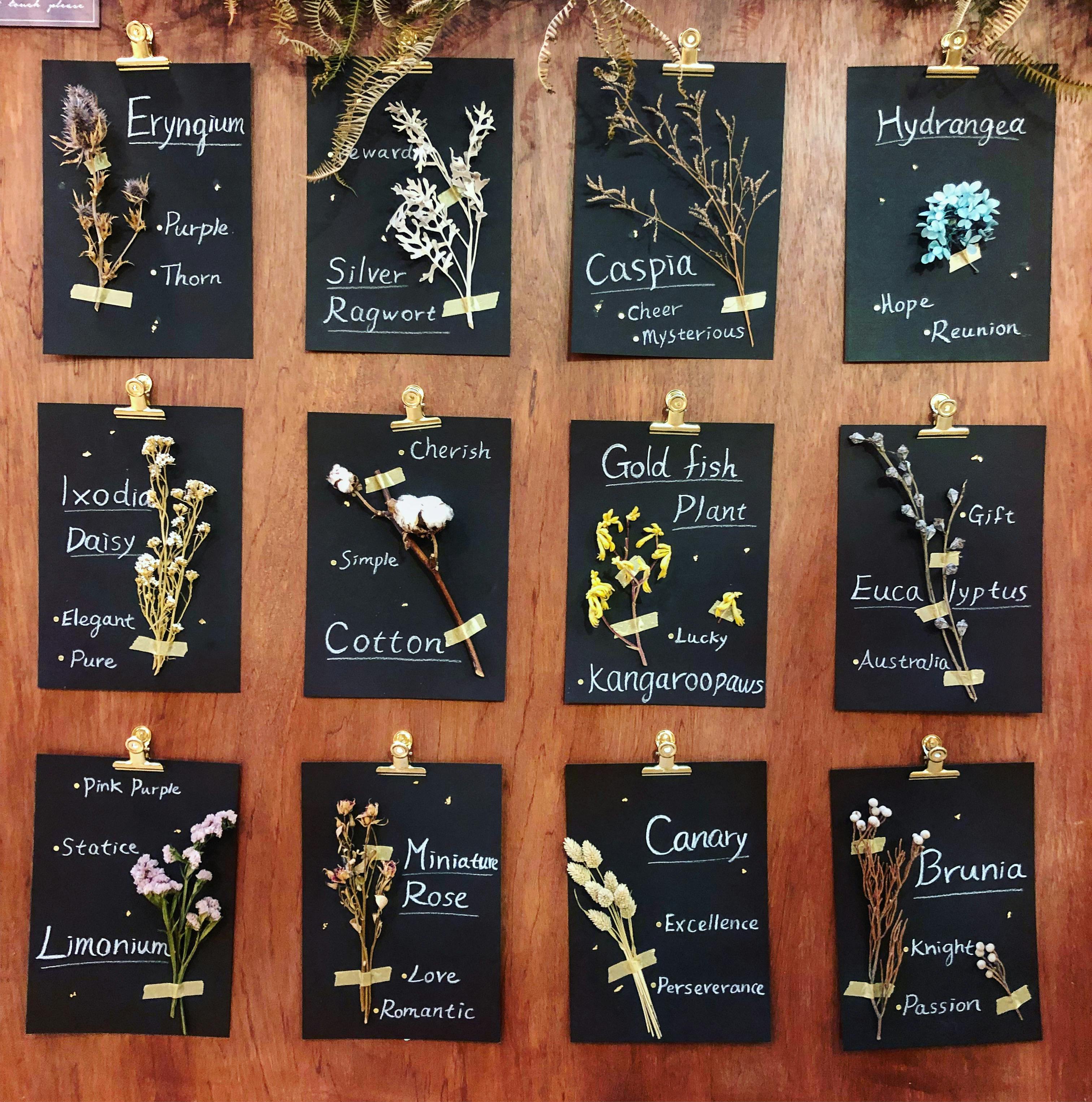
Effective Ways to Optimize Your Ocean Farm in 2025
Understanding Ocean Farming Fundamentals
Defining Ocean Farming
Ocean farming involves cultivating aquatic plants and animals in marine environments. This practice includes various techniques like fish farming, seaweed farming, and shellfish farming, contributing to the broader field of aquaculture. Understanding the fundamentals of ocean farming ensures you can utilize your ocean farm's potential effectively while promoting ocean health.Importance of Sustainable Seafood
Sustainable seafood is vital for ensuring long-lasting seafood supply chains without depleting marine biodiversity. By implementing eco-friendly farming practices, ocean farmers can minimize environmental impacts, enhance fish welfare, and ensure food security for future generations. Additionally, sustainable practices contribute to the overall health of coastal ecosystems.Current Trends in Ocean Farming
As we progress through 2025, ocean farming trends are rapidly evolving. Innovations in aquaculture technologies, such as intelligent monitoring systems and advanced breeding techniques, are gaining traction. The integration of renewable energy sources, like tidal energy, is becoming common to power ocean farms, making them more eco-friendly and economically viable.Implementing Aqua-environmental Practices
Taking a step towards effective ocean farm optimization requires a deep dive into aqua-environmental practices. These practices focus on maintaining water quality and promoting habitat restoration, ensuring the sustainability of marine ecosystems.Water Quality Management Techniques
Maintaining high water quality is crucial for fish farming. Techniques such as regular water testing, filtration systems, and sustainable feed practices can significantly enhance overall farm productivity. Implementing these techniques minimizes environmental impact and promotes fish health.Role of Habitat Restoration
Habitat restoration is an integral part of responsible ocean farming. By restoring underwater habitats, farmers can support marine biodiversity, improve fish stocks, and create a sustainable environment for aquatic life. This can be achieved through initiatives like creating artificial reefs or planting aquatic vegetation.Promoting Marine Conservation Strategies
Marine conservation strategies not only safeguard marine ecosystems but also enhance your ocean farm's productivity. By implementing community-supported fishing programs and collaborating with marine protected areas, ocean farmers can positively impact the marine environment while ensuring sustainable seafood sourcing.Leveraging Advanced Technologies for Aquaculture
In 2025, technology is becoming a game-changer for ocean farming. The latest innovations in marine technology can significantly improve productivity, sustainability, and operational efficiency.Innovative Aquaculture Technologies
New aquaculture technologies, such as automated feeding systems and smart sensors, can revolutionize fish farming. These tools facilitate data collection on various parameters, from water quality to fish behavior, which enhances farm management and decision-making.Marine Resource Management Solutions
Effective marine resource management ensures that ocean farms operate within sustainable parameters. Tools that provide insight into fish stock levels, water quality, and environmental impacts allow farmers to optimize their operations while adhering to fishing regulations.Utilizing Tidal Energy
Harnessing tidal energy is an effective way to power ocean farms sustainably. By using renewable energy, farm owners can reduce their carbon footprint and minimize operational costs while contributing positively to the blue economy.Managing Aquaculture Systems Responsibly
Seek to implement responsible practices in aquaculture management to ensure your ocean farm thrives while prioritizing environmental health.Fish Farming Regulations and Compliance
Understanding and adhering to fish farming regulations is paramount. Compliance with legal frameworks not only protects the marine environment but also enhances your farm's reputation by ensuring seafood safety and quality.Responsible Fishing Techniques
Applying responsible fishing techniques includes selective breeding, space management, and using environmentally-friendly fish feeds. These practices help maintain healthy fish populations and reduce overfishing pressure on wild stocks.Engaging in Aquaculture Education
Continued education in aquaculture research and development fosters sustainable practices. Training and workshops can keep farmers informed of the latest developments and environmental considerations, positioning them for long-term success.Ensuring Seafood Safety and Quality
The quality of seafood directly affects consumer trust and marketability, making it crucial to maintain high safety standards.Traceability Systems for Seafood
Implementing seafood traceability systems enhances transparency in the seafood supply chain. These systems allow consumers to better understand product origins, significantly improving seafood sustainability and safety.Environmental Standards in Aquaculture
Establishing stringent environmental standards helps ensure that ocean farms minimize their impact on marine ecosystems. Compliance with these standards, coupled with practices aimed at habitat conservation, can foster a healthier marine environment.Monitoring Fish Population Health
Regular assessments of fish population health contribute to better management practices. By monitoring fish stocks and adopting eco-certification programs, ocean farmers can improve their farming strategies and ensure sustainable fish farming practices. This ongoing evaluation is essential for adapting practices to address emerging challenges in the seafood industry.Q&A Section: Expert Insights on Ocean Farming
What are the benefits of ocean farming?
Ocean farming provides many benefits, including enhanced seafood production, sustainable practices that protect marine ecosystems, and opportunities for economic growth in coastal communities.How can technology improve ocean farming?
Adopting advanced technologies like automated systems, smart sensors, and renewable energy solutions can optimize operational efficiency, improve water quality management, and reduce environmental impact.What are some sustainable practices for aquaculture systems?
Some effective sustainable practices include selective breeding, eco-friendly fish feeds, habitat restoration efforts, and regular monitoring of water quality to ensure a balanced marine ecosystem.How does ocean farming contribute to food security?
Ocean farming enhances food security by increasing sustainable seafood production without depleting wild fish stocks, thereby ensuring a steady supply of nutritious seafood for future generations.What role do community-supported fishing programs play?
Community-supported fishing programs help promote local seafood consumption, enhance awareness of sustainable practices, and strengthen the relationship between consumers and producers, fostering a more robust seafood supply chain.
